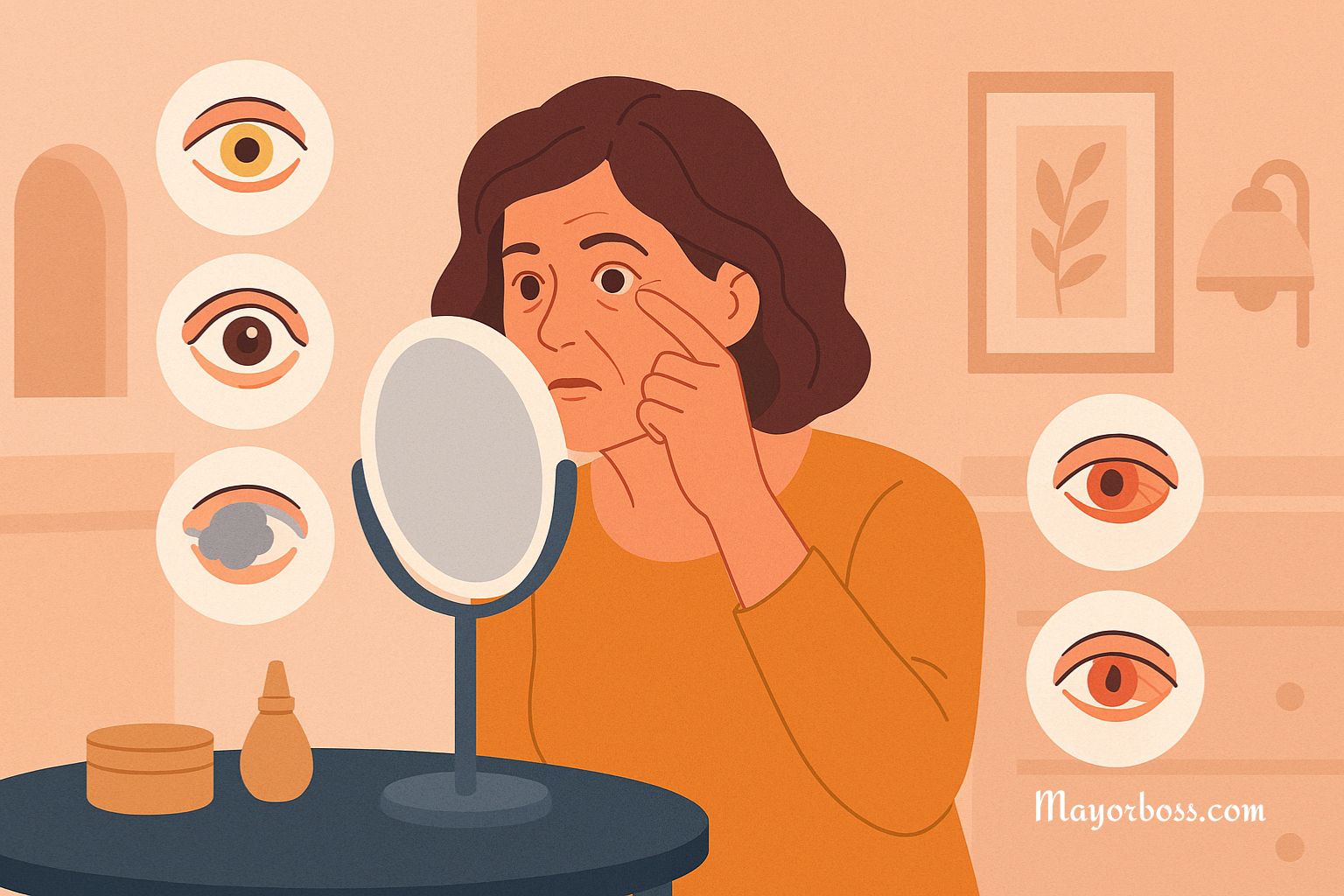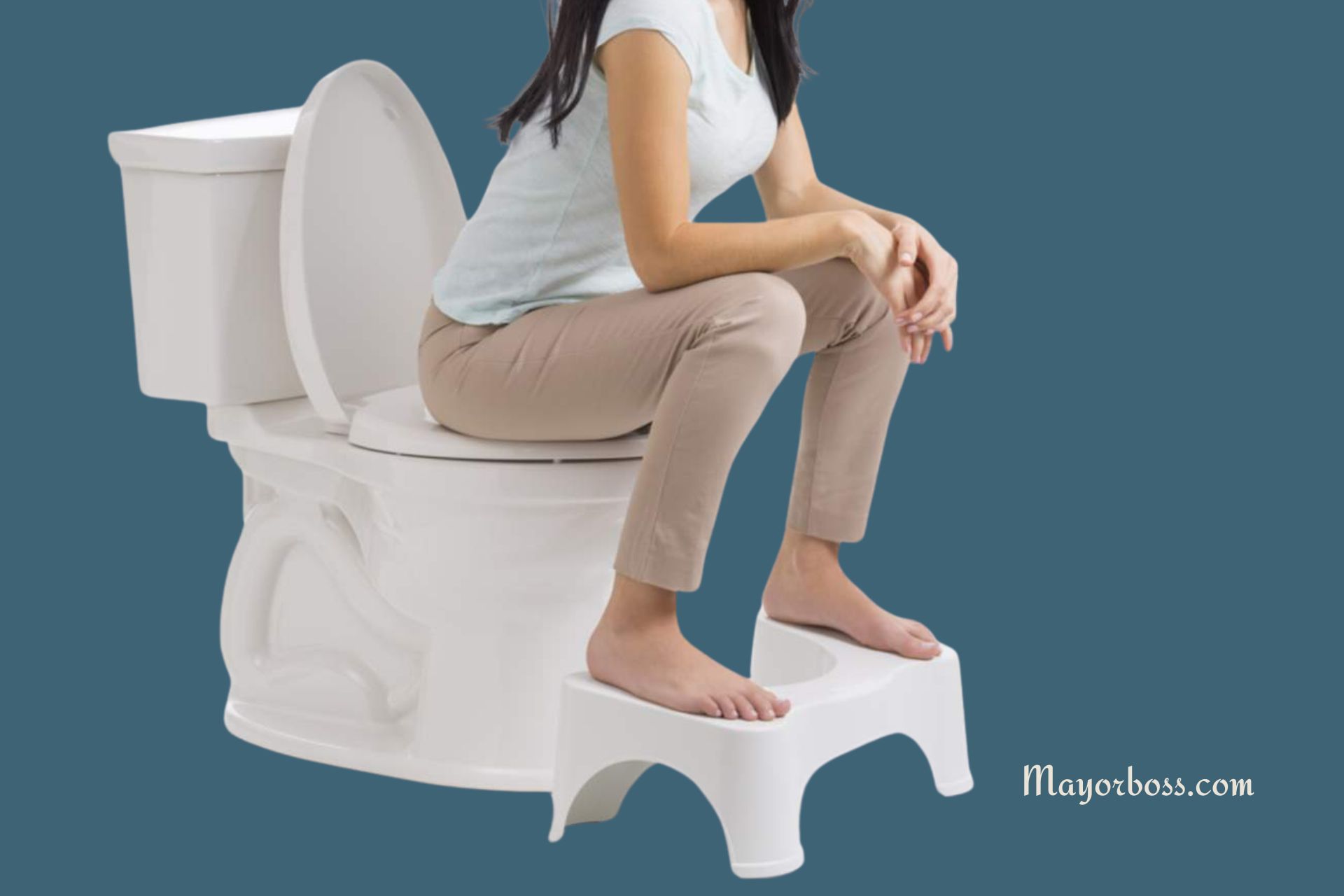Signs You Have an Electrolyte Imbalance
Electrolytes might sound like a fancy term, but they’re actually just minerals in your body that have an electric charge. They help your body with crucial tasks like balancing fluids, keeping your heart beating, and moving your muscles. Now, if these electrolytes get out of balance, your body can feel pretty off. Scroll through below to learn the key signs that you might be dealing with an electrolyte imbalance.

When Your Muscles Start to Cramp or Twitch Without a Reason
One of the first clues that you have an electrolyte imbalance is muscle cramps or twitches. Typically, electrolytes like calcium, potassium, and magnesium are the main players in muscle function. If your levels drop or spike, your muscles can start to spasm, cramp, or twitch uncontrollably. The sudden, painful cramps you experience, especially after a workout, could mean that your body is crying out for more electrolytes.
If You Feel Unusually Tired All the Time
Another common sign is extreme fatigue. Your cells rely on electrolytes, particularly sodium, potassium, and calcium, to generate energy. When these levels are out of balance, your cells struggle to perform their duties efficiently, leaving you feeling drained. So, if you’re always feeling worn out despite getting enough rest, your electrolyte levels might be to blame.
You Feel Dizzy, Lightheaded, or Like You Might Faint
Feeling lightheaded or dizzy can be pretty alarming, and it often points to an imbalance of sodium. Sodium helps regulate your blood pressure, and when levels drop too low or too high, it throws your blood pressure off. Dr. Natalia Hapych, a certified family medicine physician, notes that this can make you feel faint or even cause you to pass out, especially when standing up too quickly.
If Your Heart Starts to Feel Irregular or Fluttery
Electrolytes like potassium, calcium, and magnesium play a major role in keeping your heart rhythm steady. When these are out of balance, you might experience heart palpitations, where your heart feels like it’s skipping beats or fluttering. Dr. Hapych warns that this can be especially dangerous, as severe imbalances could lead to serious heart problems like arrhythmias.
When You Experience Frequent Headaches
Frequent headaches or migraines can be another sign of an electrolyte imbalance, particularly involving sodium. Sodium is responsible for regulating fluid levels in your body, and when sodium levels drop, your brain can swell, triggering headaches. Dehydration, a common cause of electrolyte imbalances, also contributes to these headaches.
If You’re Experiencing Confusion or Mental Fog
If you’re having trouble concentrating, feel unusually confused, or experience a sort of “brain fog,” you might be dealing with an electrolyte imbalance. Health experts say that low sodium levels, a condition called hyponatremia, can affect how your brain functions. It can make you feel fuzzy-headed and disoriented or even cause more severe symptoms like seizures in extreme cases.
When You Notice Nausea, Vomiting, or Digestive Issues
Your digestive system is also affected when electrolytes aren’t balanced. Healthline explains that nausea, vomiting, or even diarrhea can indicate an imbalance, especially with sodium or potassium levels. Not only can these symptoms result from an electrolyte issue, but they can also make the imbalance worse by causing your body to lose even more fluids and minerals.
If You Find Yourself Urinating More or Less Than Usual
Changes in your bathroom habits are another major sign. Excessive urination or not urinating enough could indicate an electrolyte imbalance, particularly with sodium or potassium. Dr. Hapych notes that conditions like diabetes insipidus, which causes frequent urination, can lead to dangerously low sodium levels. On the flip side, low urine output might suggest your body is trying to hold onto fluids due to a high sodium concentration.
When Your Blood Pressure Fluctuates
Electrolytes like sodium, potassium, and calcium help regulate your blood pressure. So, if you notice that your blood pressure has been swinging wildly from high to low, it could mean that your electrolyte levels are out of balance. For instance, low potassium levels can lead to high blood pressure, while low sodium can cause it to drop.
Your Bones Feel Weak, or You Experience Bone Pain
You probably wouldn’t think that an electrolyte imbalance would impact your bones, but calcium plays a big part in keeping them strong. When your calcium levels are off, it can cause bone pain or even contribute to osteoporosis over time. In fact, according to the National Institutes of Health, prolonged calcium imbalance can weaken your bones, making them more prone to fractures.
If You Have Dry Mouth and Thirst All the Time
A dry mouth or feeling thirsty all the time is often your body’s way of saying it’s low on fluids and electrolytes. When your body’s sodium levels drop, it triggers your thirst mechanism. Additionally, the Cleveland Clinic suggests that feeling thirsty could indicate your body’s need to restore electrolyte balance, especially after heavy sweating or dehydration.
You Sweat Excessively, Even When It’s Not Hot
Sweating is one of the ways you lose electrolytes, especially sodium and potassium. But if you notice that you’re sweating excessively even when you’re not hot or exercising, it could mean your body is trying to compensate for an imbalance. Excessive sweating can further deplete your electrolytes, making the imbalance even worse.
If You Notice Swelling or Puffiness in Your Body
Electrolytes like sodium help manage fluid levels in your body. When sodium levels are high, your body retains more water, causing swelling or puffiness, especially in the hands, feet, or face. On the flip side, low sodium levels can also cause swelling as your body struggles to maintain fluid balance.
You Feel Numbness or Tingling in Your Limbs
A tingling sensation or numbness in your hands, feet, or face might be a sign that your electrolyte levels are out of whack. This symptom is often linked to calcium or potassium imbalances. According to StatPearls, these minerals are essential for transmitting nerve signals, so when they’re off, you might feel those pins-and-needles sensations.
You’re Having Trouble Breathing or Feel Short of Breath
While it’s less common, severe electrolyte imbalances can affect your breathing. Potassium, calcium, and magnesium play a role in controlling the muscles involved in breathing. If these minerals are imbalanced, you might experience shortness of breath, wheezing, or even a sense of tightness in your chest.
Talk to your doctor if you’re experiencing of these symptoms of an electrolyte imbalance.






